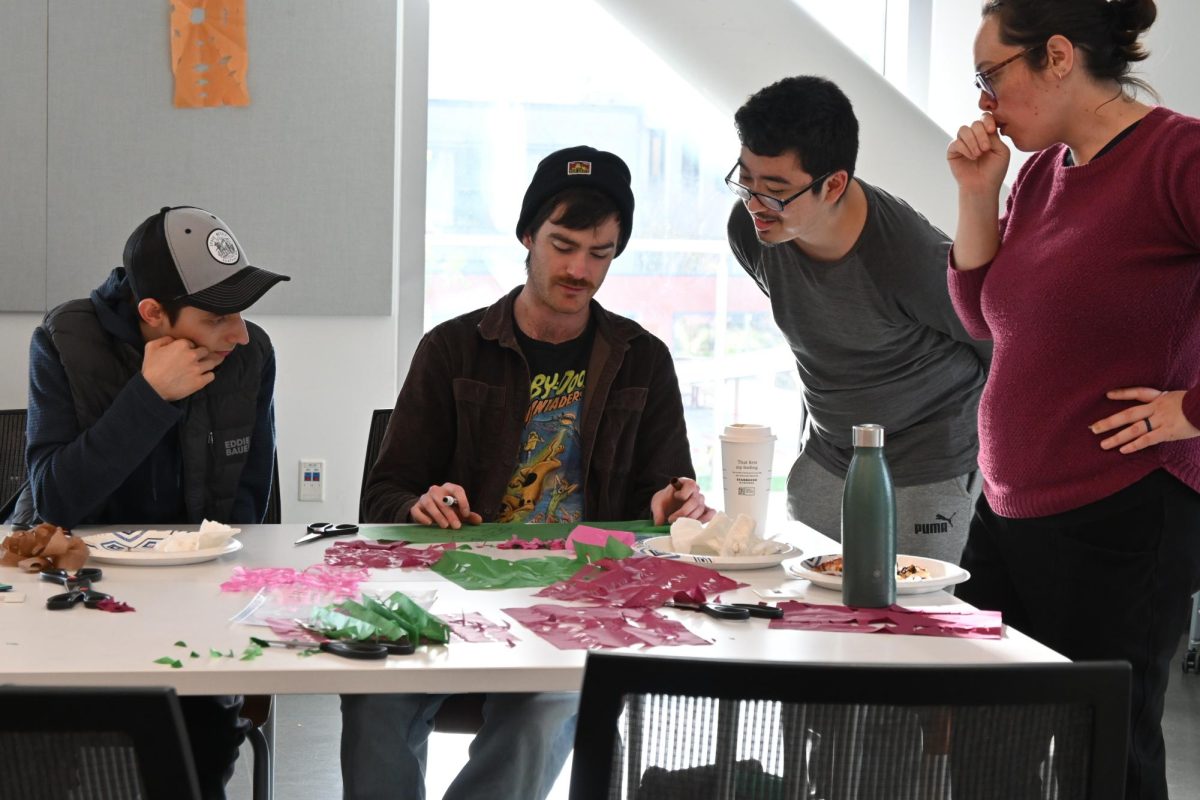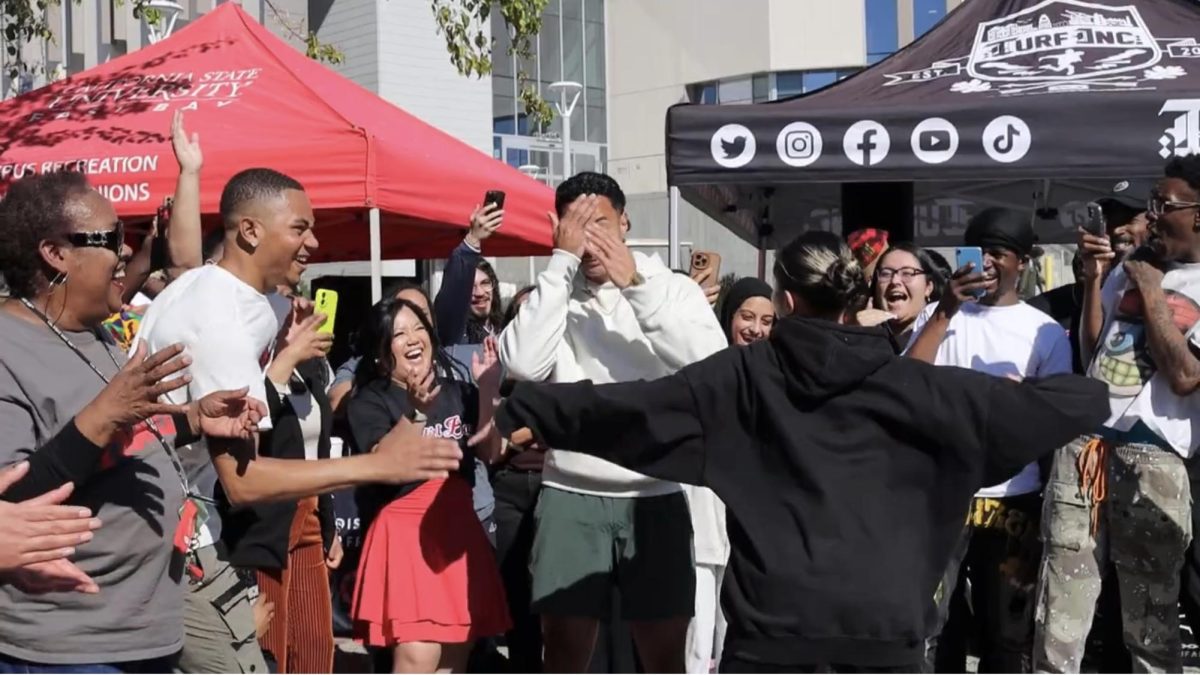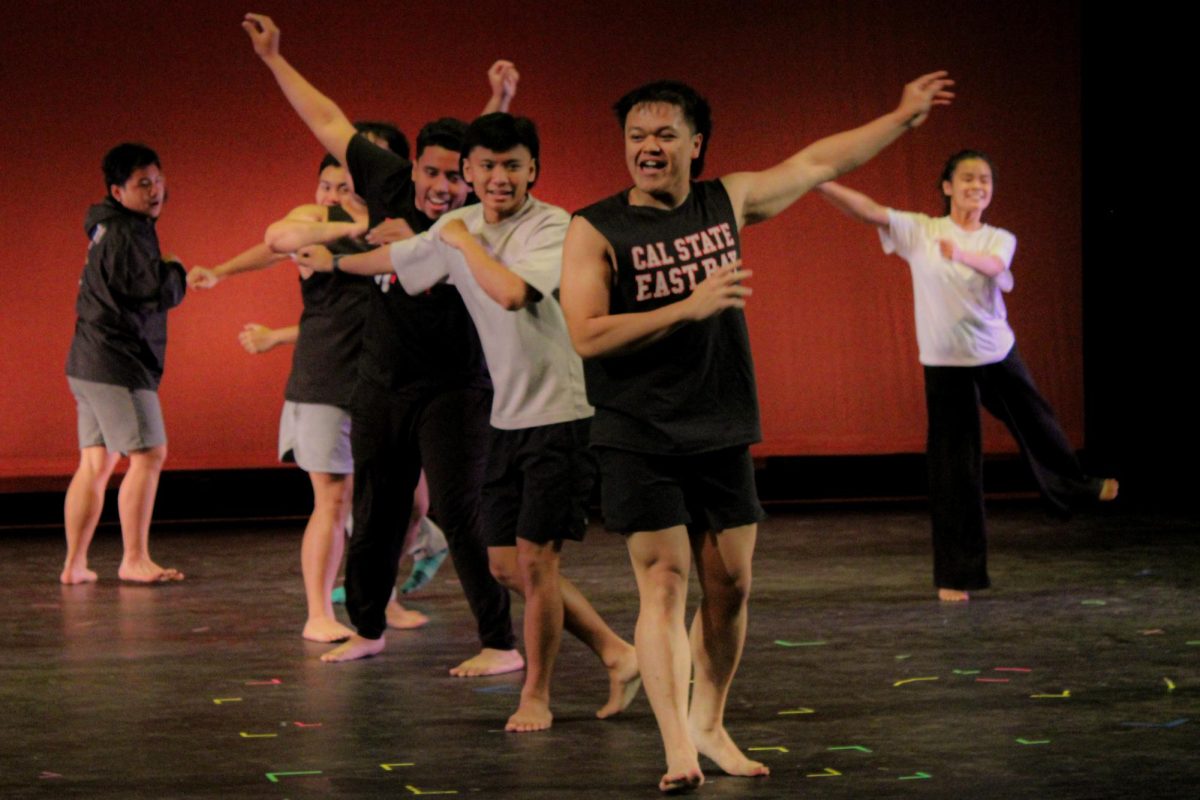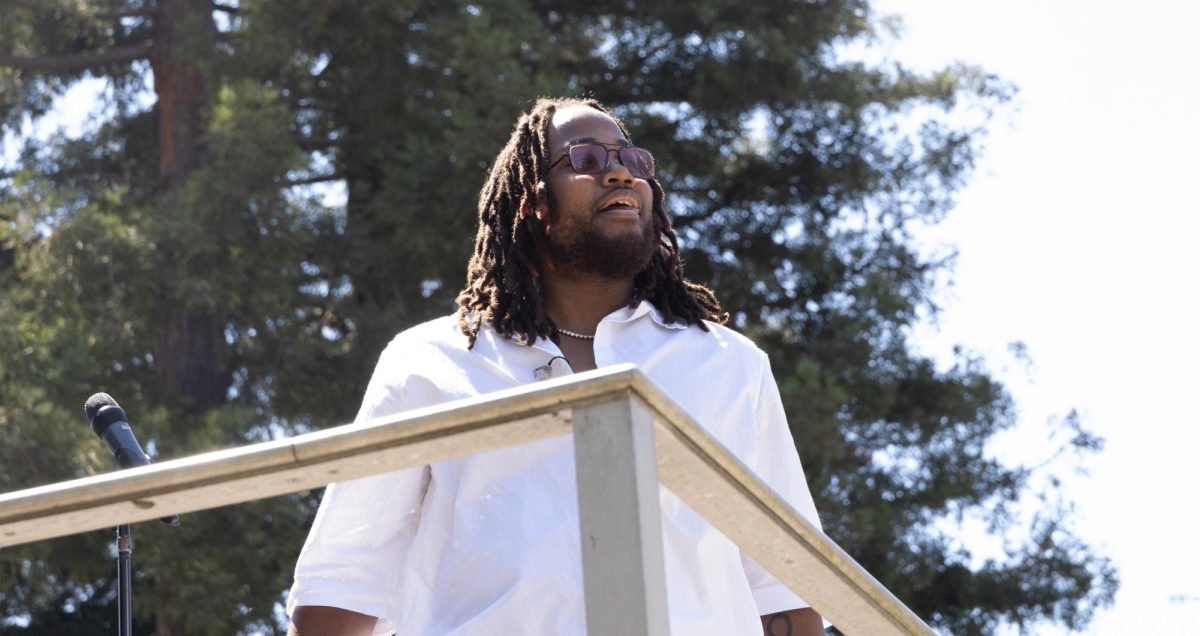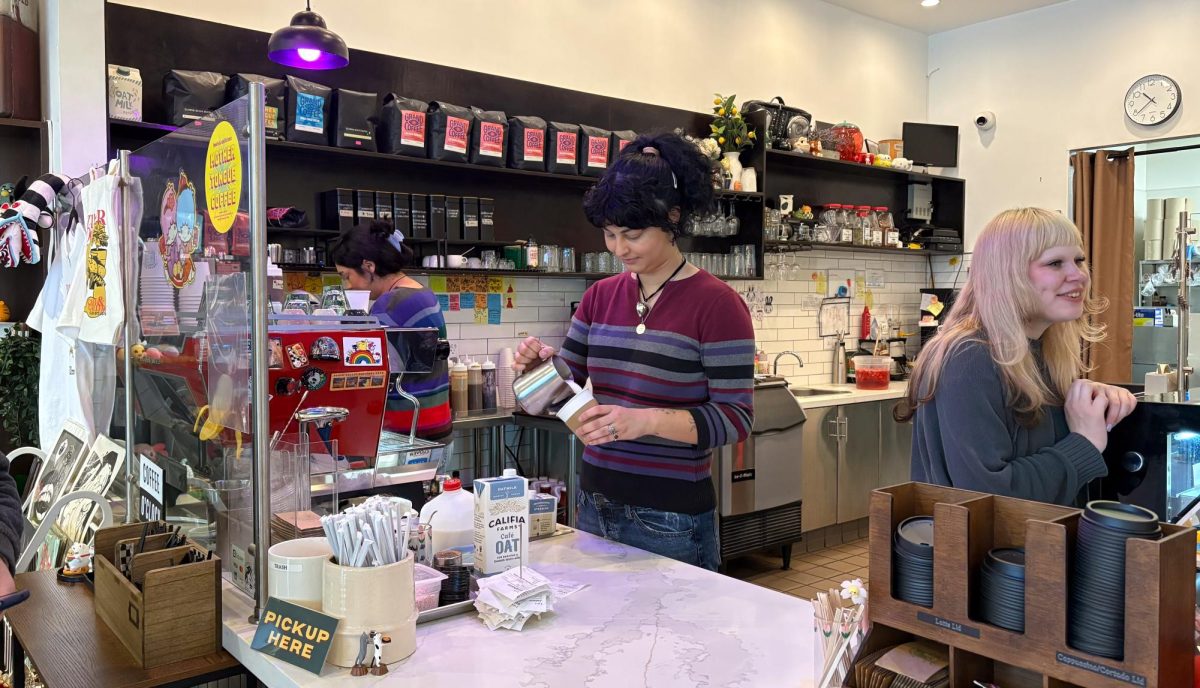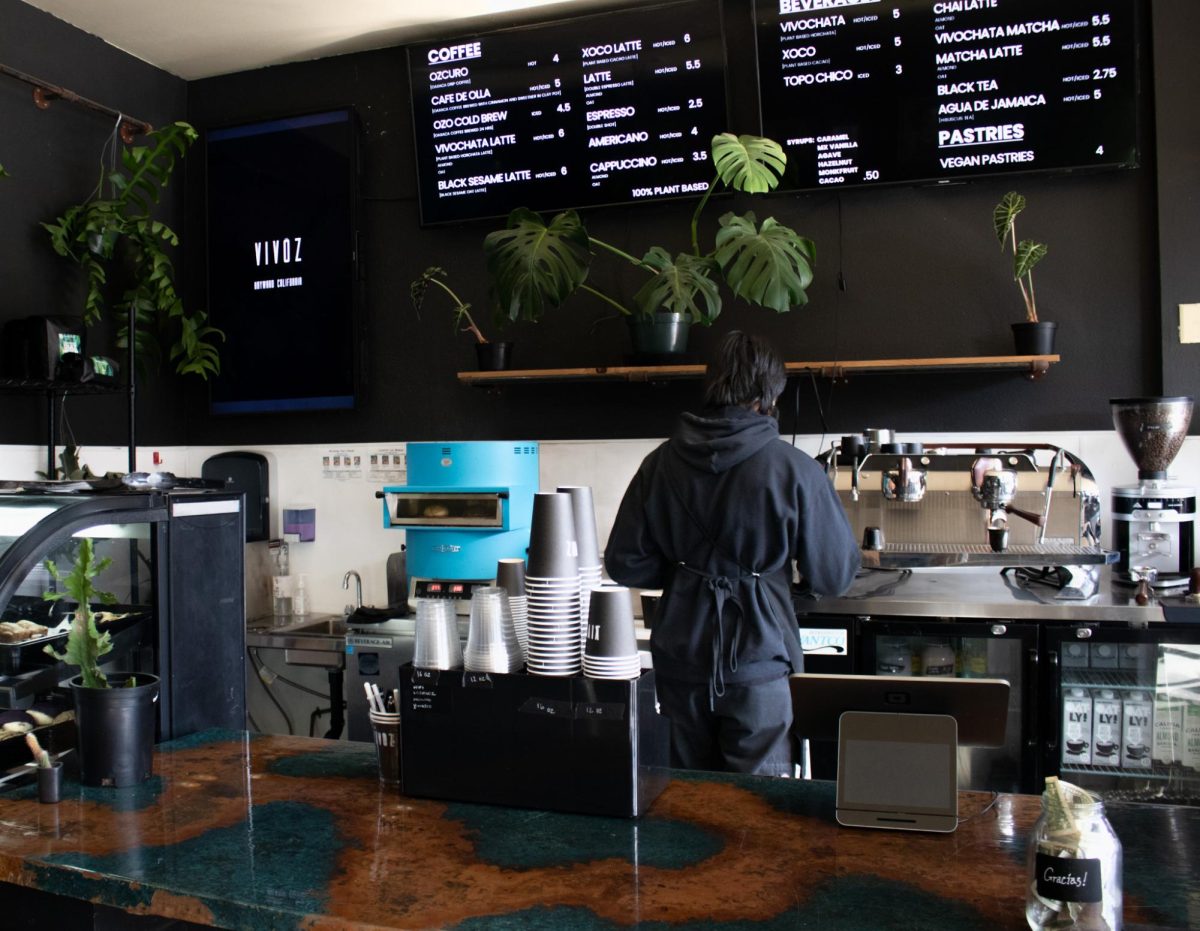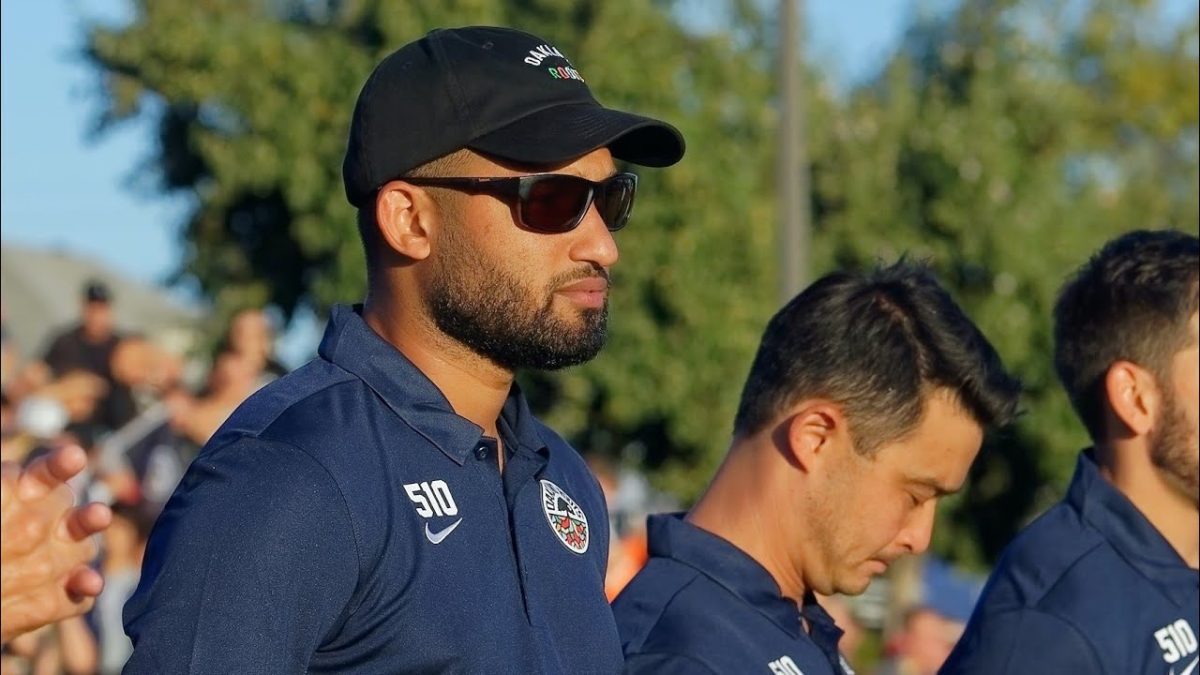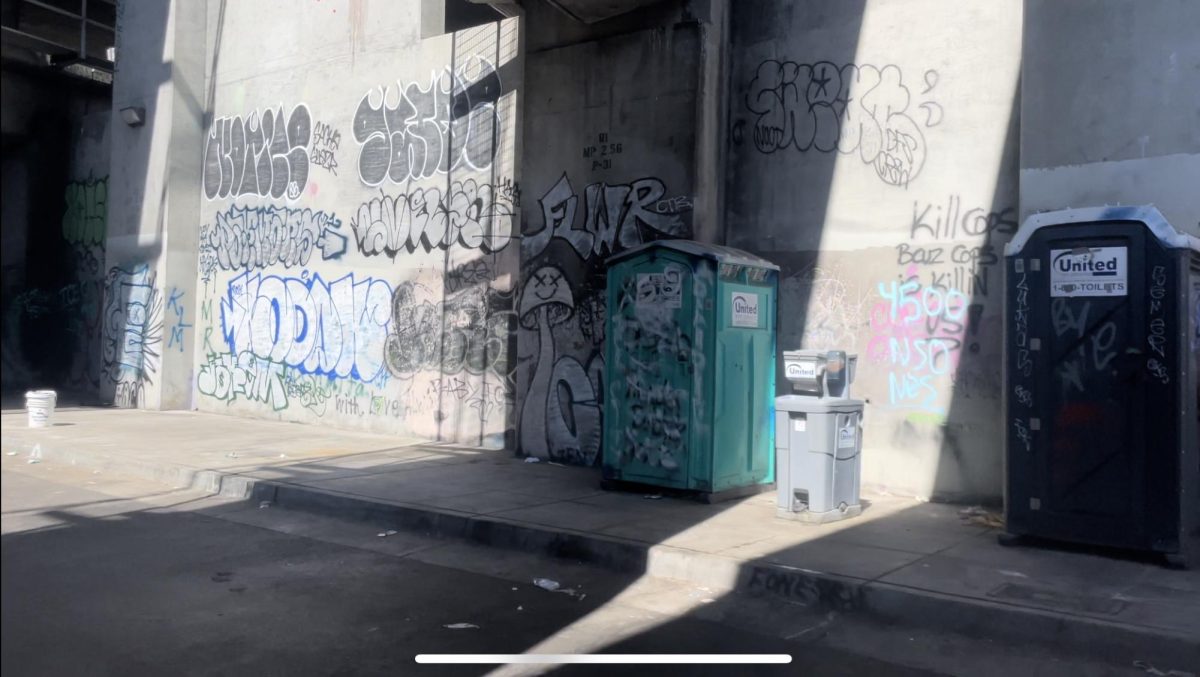Drink Less Alcohol, Use Condoms, And Get Regular Sleep
More than a Quarter of CSUEB Students Drive While Intoxicated
With the constant partying, plentiful shots and binge drinking, moderate alcohol consumption among college students is non-existent.
According to National Center of Addiction and Substance Abuse, every year more than 150,000 college students in the U.S. develop alcohol-related health problems.
Recent data from the National Highway Traffic Safety Administration shows that about one-half of fatal traffic crashes among 18-24 year-olds involves alcohol, and many of those killed are college students.
The National College Health Assessment (NCHA) for 2010 showed that 26 percent of East Bay students reported driving after having alcohol in the last 30 days.
When students were surveyed on their alcohol use in the past 30 days, the actual use among men was 56 percent and 48 percent for women. The perceived use for men was 85 percent and 89 percent for women.
“I think there are a lot of different factors contributing to the increase in alcohol use,” said Health Educator Jenny Chu. “The expectation of what college life is supposed to be, the constant glorification by the media and peer pressure. We are living in the ’hook-up culture,’ where things are not as taboo as they used to be.”
When asked if five or more drinks were consumed in one sitting within the past two weeks, 16 percent of men and 12 percent of women reported yes to 1-2 times.
“When I go out, I can never just have one drink,” said student Samuel Johnson. “I drink until I get to that ‘feel good’ state. When I’m there, it’s like all my problems and stresses are gone for the moment.”
“The worst instance was when I drank jungle juice and Bacardi 151,” said student Adam Navarrete. “I blacked out, don’t remember the whole night and it was said that I did something that I probably wouldn’t have done sober.”
Navarrete commented that he has blacked out three times and has contemplated suicide while intoxicated.
“One of the worst nights of my life was when I drank six shots of Crown Royal and two shots of Black Label at my sister’s house warming party,” said student Raheela Dharani. “The night resulted in me blacking out while one of my brother-in-law’s cousins tried taking advantage of me. Thankfully my sister knew he was up to no good and she stepped in.”
Student Ashley Hendricks began her drinking after her first club experience with alcohol. She felt the club scene had a better vibe when she was intoxicated, as opposed to her previous visit when she was sober.
“I have blacked out a handful of times, but have done things I regretted more frequently,” said Hendricks.
Hendricks received a DUI in 2008. The fines came close to $4,000, her license was taken for a year and she had to take alcohol education classes.
Starting in the fall of 2008, CSUEB began requiring all incoming freshman to take “Alcohol Wise,” a one-hour online alcohol awareness program. This freshman requirement continued for fall 2009, but for the 2010 fall quarter, it became mandatory for all students to participate in the program.
CSUEB students also have access to a few alcohol-related resources on campus: counseling, the BASICS program and AA meetings.
All students are entitled to 10 free counseling sessions, at which time students can be re-directed to the appropriate help facilities.
In fall 2010, East Bay introduced BASICS (Brief Alcohol Screening Interventions with College Students). According to Jenny Chu, the focus of the program is to try to teach skills on alcohol responsibility.
The program uses a harm reduction method, working with students personally rather than lecturing them. This method consists of two one-on-one sessions, both which are tailored to each individual student.
AA meetings were brought to the campus in the spring of 2010. The meetings are held every Thursday at noon in the Old Union in room 307 and they are geared towards assisting those students who struggle with alcohol abuse.
“I think allowing these type of programs will be great for the entire student body, because if not now, then I am sure later on we will all be affected by at least one person whose drinking habits are beyond their control,” said Dharani. “This program gives the students the access and support they may not get in their household or from their friends.”



